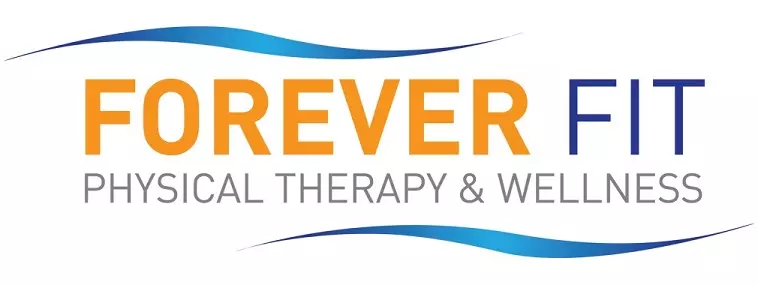Temporomandibular joint (TMJ) disorders are a group of disorders that affect the functioning of the jaw and often cause pain and stiffness in the jaw joint. There are two TMJ joints, and each connects the jaw at its hinge to the base of the skull. It’s essential for functions including talking, chewing and opening the mouth to speak. For those who have a TMJ disorder, the joint becomes inflamed, making these types of movements difficult or painful to perform.
It’s estimated that about 10 million people in the U.S. have a TMJ disorder. This condition is more commonly seen in women than in men. It is considered a chronic pain disorder and, interestingly enough, affects young people more often than older adults.
If you have TMJ pain, you may be wondering what type of treatment would work best for you. Maybe you’ve tried taking anti-inflammatory medication or giving it time to rest but to no avail. What should you do next? Which is more effective, ice or heat?
Read the sections below for more information about TMJ dysfunction.
What are the symptoms of TMJ dysfunction?
There are several symptoms associated with this condition, including:
- Headaches or migraines — One symptom of TMJ dysfunction is headaches. Headaches or migraines usually occur when the pain in the jaw radiates throughout the head or when the muscles around the jaw become tense and inflamed.
- Earaches — It’s also common for those with TMJ dysfunction to experience earaches. Similar to headaches, the pain may radiate from the joint to the ear. In some cases, TMJ dysfunction can lead to ringing in the ears.
- Clicking or popping noises — People who have TMJ dysfunction also frequently report experiencing clicking or popping noises. These noises most often occur when opening the mouth.
- Pain or discomfort in the joint — Another common symptom of TMJ disorder is pain or discomfort coming from the actual joint in the jaw. It may be uncomfortable for someone with this condition to open their jaw or move their mouth.
- Pain or sensitivity around the joint — People with this condition may also experience pain or sensitivity on the skin near the joint. Their skin may become sensitive to touch.
What are the causes of TMJ dysfunction?
There are several different reasons why someone might develop this disorder. One example is grinding teeth or clenching the jaw. Excess teeth grinding or clenching can build tension in the muscles around the jaw joint and potentially cause inflammation in the joint itself. Another common cause of TMJ dysfunction is injury. If you’ve ever sustained an injury to the jaw, like a dislocated joint, you may have a higher risk of developing TMJ disorder. These are just a couple of several different potential causes. To determine the cause of your dysfunction, consult a health care professional, such as a physical therapist.
Which is better for TMJ disorders, ice or heat?
The answer to this question depends on the type of TMJ pain you are experiencing. If your jaw has become swollen and inflamed, it may be better for you to use cold therapy like ice packs. If your pain is related to muscle tension, heat may be the better alternative.
Why should you see a physical therapist for a TMJ disorder rather than relying on just heat or ice?
To more accurately determine whether you should be using heat or ice to soothe your pain or discomfort, you should consult with a professional who can assess your symptoms. It may be difficult for you to determine by yourself whether your pain is caused by inflammation or muscle tension.
Seeing a physical therapist is a good idea for several reasons. If your jaw joint isn’t responding to conservative treatment at home, like heat or ice therapy, PT may be able to help. A physical therapist can guide you through constructive exercises that can reduce inflammation and ease muscle tension, which can be a more effective solution for long-term relief from your TMJ symptoms than just using heat or ice.
Forever Fit Physical Therapy & Wellness is ready to help you address your TMJ pain
Our team at Forever Fit Physical Therapy & Wellness can offer you a unique and customized physical therapy experience. We value our patients so much that we strive to provide each one with a personalized treatment plan that caters to their individual lifestyles, habits and future goals. If you’re wondering why you’re experiencing TMJ pain that just won’t respond to heat or ice, we can guide you through the treatment plan you need to effectively manage your condition. We’re confident that we can help you work toward the relief you’re looking for at any one of our several locations.
During our physical therapy sessions, our physical therapists will guide you through your treatment with the utmost care and focus, making sure that you’re completing your exercises or movements with accuracy and efficiency for the best results.
Are you ready to take the first step to finding relief from your TMJ dysfunction symptoms? Do you want treatment that extends beyond heat and ice? Contact our team today for more information or to schedule an initial appointment.

